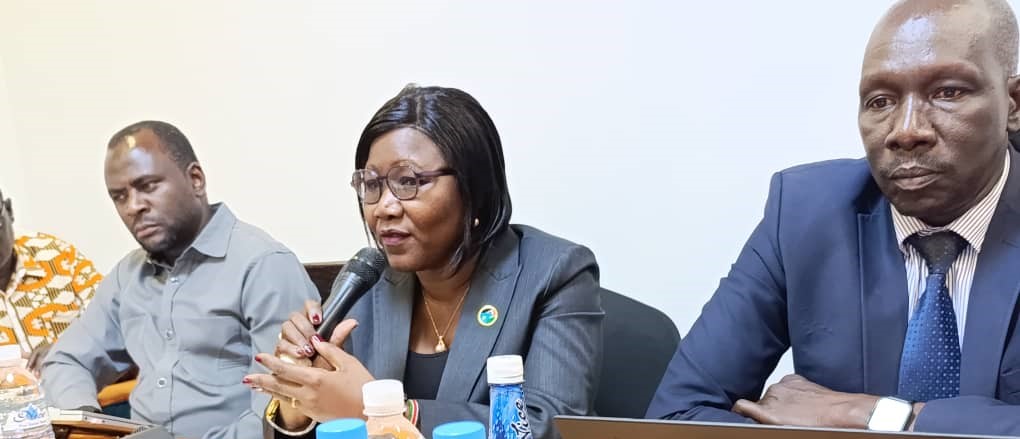The National Coordination Committee (NCC) for the East African Community (EAC) in South Sudan has formed a new committee to oversee cross-border trade in pre-packaged food products and cosmetics. The initiative aims to enhance the quality and safety of goods traded within the region.
Ramadan Mfaume, a Senior Standards Officer at the East African Community Secretariat, said on Friday that the committee will facilitate the implementation of the EAC’s framework for cross-border trade in pre-packaged goods.
“The National Coordinating Committee’s primary focus is to implement the East African Community framework for cross-border trade in pre-packaged food and cosmetics. These products are among the most traded items in the region, which is why the EAC developed a framework to establish national coordinating committees in each partner state,” he explained.
Mr. Mfaume emphasized that the establishment of the committee in South Sudan will create new opportunities for the country to strengthen its struggling economy.
“The inauguration and operationalization of this committee will enhance trade between South Sudan and other EAC partner states. During this meeting, we successfully constituted the committee and developed a work plan to guide its activities,” he added.
In her closing remarks, Gloria Nyoka, Executive Director of the South Sudan National Bureau of Standards (SSNBS), stressed the importance of harmonizing standards to align with the African Continental Free Trade Area (AfCFTA).
“To reach the African Continental Free Trade Area, we must harmonize our standards. South Sudan has already adopted most of the harmonized standards, which not only benefits the country but also aligns with East African standards. These standards, recognized by the African Standards Organization, provide us with opportunities to access global markets,” Ms. Nyoka said.
She reiterated her commitment to implementing the resolutions and plans agreed upon during the meeting, ensuring the quality, safety, and regulatory harmonization of goods in South Sudan.
“Over the past two days, we have made significant progress. This committee brings together all relevant stakeholders, including the private sector and government bodies such as the ministries of environment, agriculture, trade, and industry, as well as the drugs and food authority. We look forward to implementing the terms of reference and action points from this meeting, which will help regulate the movement of goods within the East African region,” she added.
The newly formed committee will be chaired by Moses Kur from South Sudan’s National Ministry of Trade and Industry. It is expected to play a key role in facilitating cross-border trade in pre-packaged food and cosmetics, further integrating South Sudan into the regional economy.




